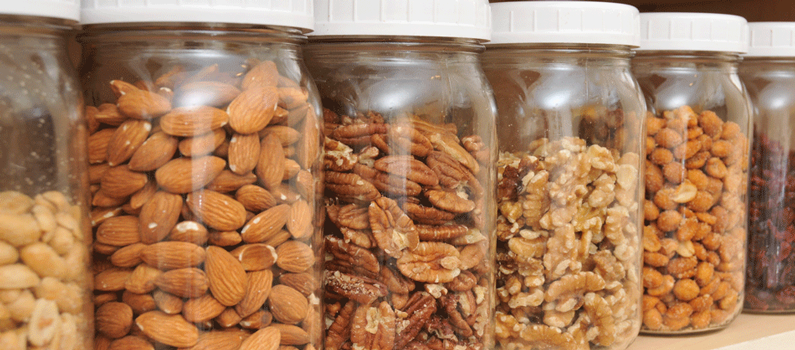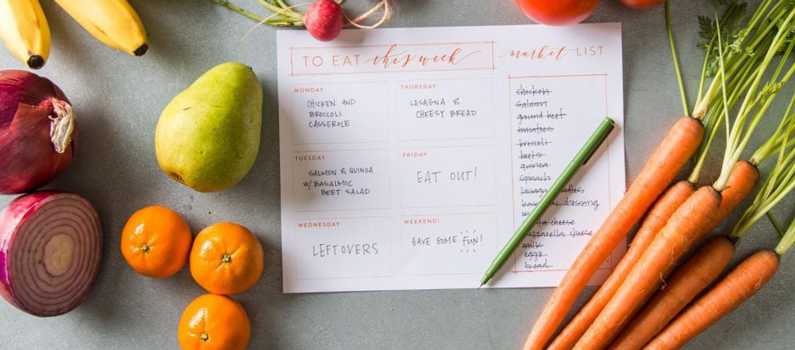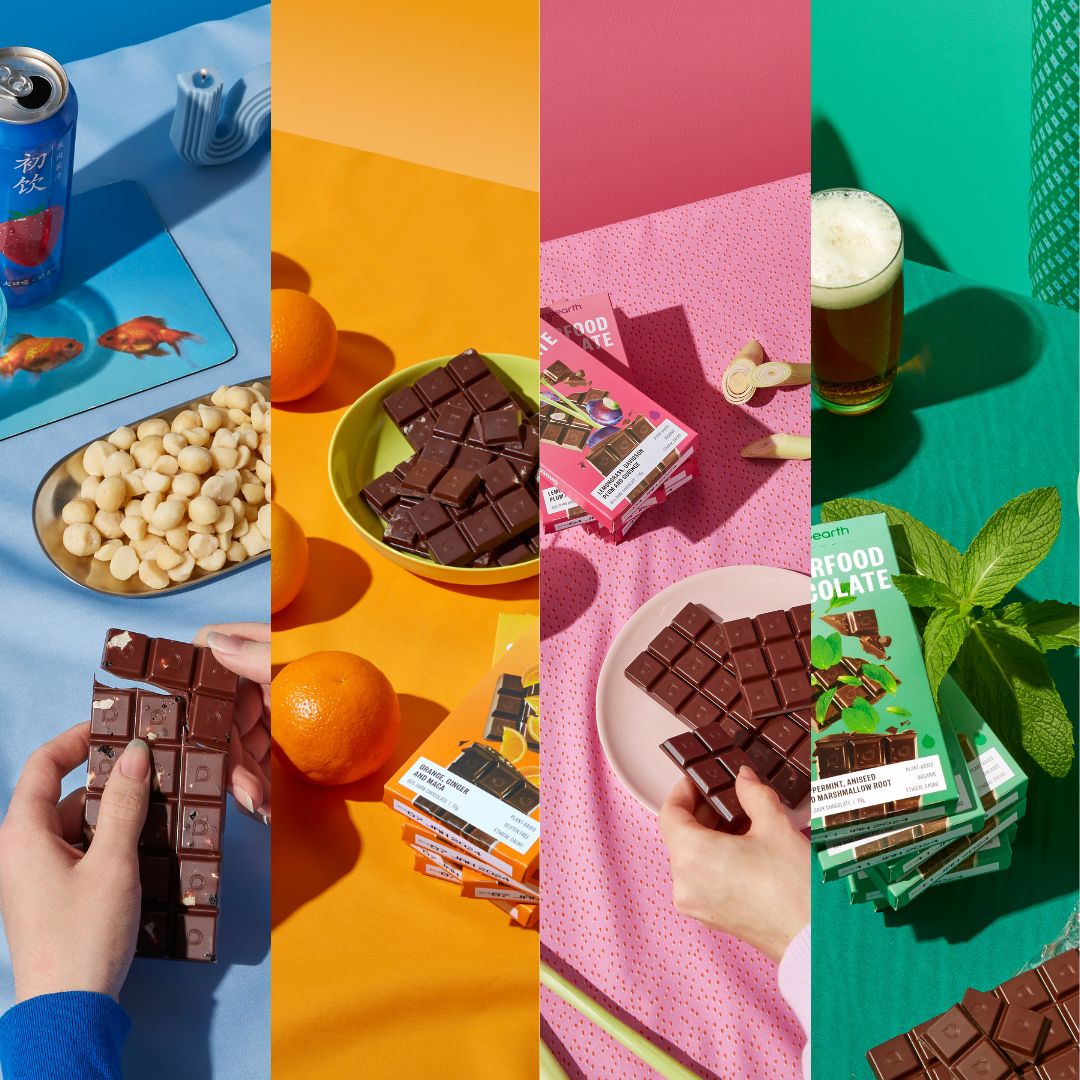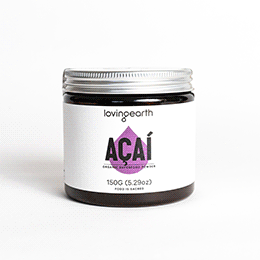We invite you to do this little activity with us by opening up your fridge, freezer, or pantry and scan to see how much food you’ve got. Which of the items do you ACTUALLY eat and use? What do you have excess of and what do you simply throw out constantly?
The fact is, we change up what we eat on a daily basis because eating the same thing every day, over and over, can be a bit monotonous, and your body responds to a variety of food giving you a variety of nutrients.
Way back in our parents time, food waste wasn’t as big of an issue as it is today. Food waste was actually incredibly scarce. Unfortunately with fast purchasing in our generation today, consumerism is pretty much at the tip of our fingers and embedded in this convenient lifestyle that we’ve adapted to. We buy and throw. Buy and throw. Buy and throw, and repeat.
80 out of 100 people now live in cities with little connection to the natural world on which we are so very dependent for our air, water and food. We have a current population of 24 million people in Australia, many over-consuming, adopting unhealthy lifestyle choices and experiencing the polar opposite of those at the other end of the spectrum who live at, or below, the poverty line.
So what are some solutions?
Buy in Bulk
Staples such as rice, nuts, cereals, even laundry liquid, can all be bought in bulk. It saves on packaging, and is really cost effective, but also can help reduce your impact. Store in jars or containers that are transparent so you can see when you’re getting low and aren’t tempted to reach for a packeted option when you run out. If you’re a single person household, why not buddy up with someone from work or a friend to share with.

Choose a Food Cycle that Works with You
There are many alternatives and ways you can go about sourcing your food. We’re conditioned to feel as though there is one method of consumption with the convenience of supermarkets. There are great alternatives to consider to help with your food consumption while reducing waste...such as; pre-planning for weekly Farmers Markets to supporting your local Community Supported Agriculture initiatives to growing your own produce! There’s more than one solution. Find what works for you and what aligns with your lifestyle. Ask yourself, can I eat better? Can I reduce my food waste like this? Does this work for me?
Composting
Approximately two thirds of all waste taken to landfill in Australia is waste from plant and animal sources, called green or organic waste. Items such as food scraps, garden waste, paper and sewage are included in this type of waste. We are talking 20 million tonnes, and around 7 million from urban sources. This waste can be RECYCLED, and if it's sent to landfill we miss this opportunity. For more, check out this post by Loving Earth.
Storing Food Properly
Once you bring home your weekly produce, you’ve already won half the battle but STORING these babies will really bring home gold to help your produce last longer, keep fresher, and keep your fridge as full as possible until you’ve used every bit of the well worth groceries meaning no waste, full bellies.

Plan in Advance
Meal planning is one sure fire way to reduce waste. Planning out each meal, combining ingredients so that you’re not buying weird and wonderful spices for one dish, and making more than you need so you have lunch for the next day, or a portion of the freezer when time just gets away with you. Give yourself some flexibility though and don’t forget to make allowances for treating yourself. Being conscious and frugal doesn’t mean you can’t have any fun, or that Friday night takeaway!
Be patient with your journey to reducing your food waste. It’s about focusing on being aware of your choices and actions and doing what you can to consciously consume and make an improvement towards a healthier planet.
Special thanks to Munch Crunch Organics for collaborating with us on this blog post.



